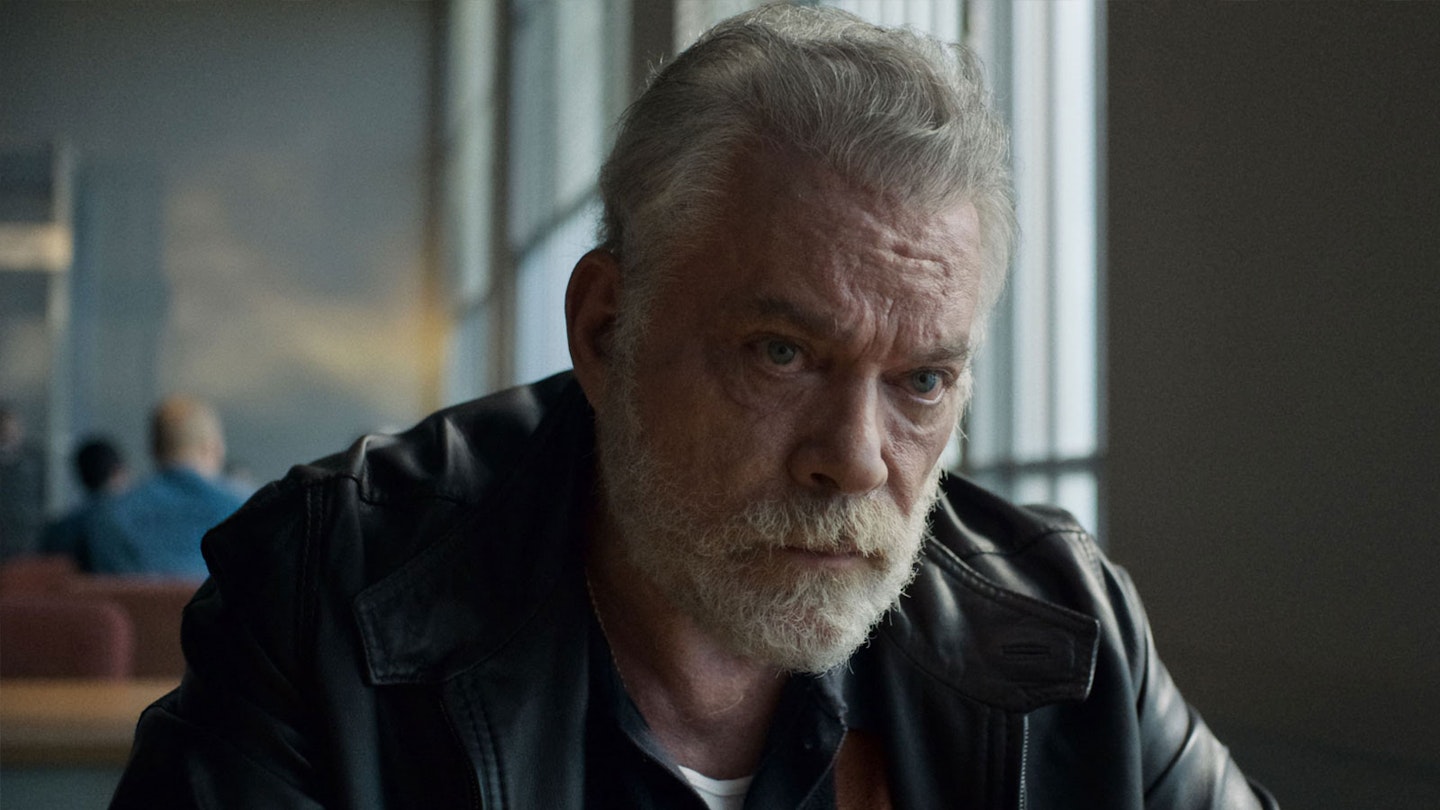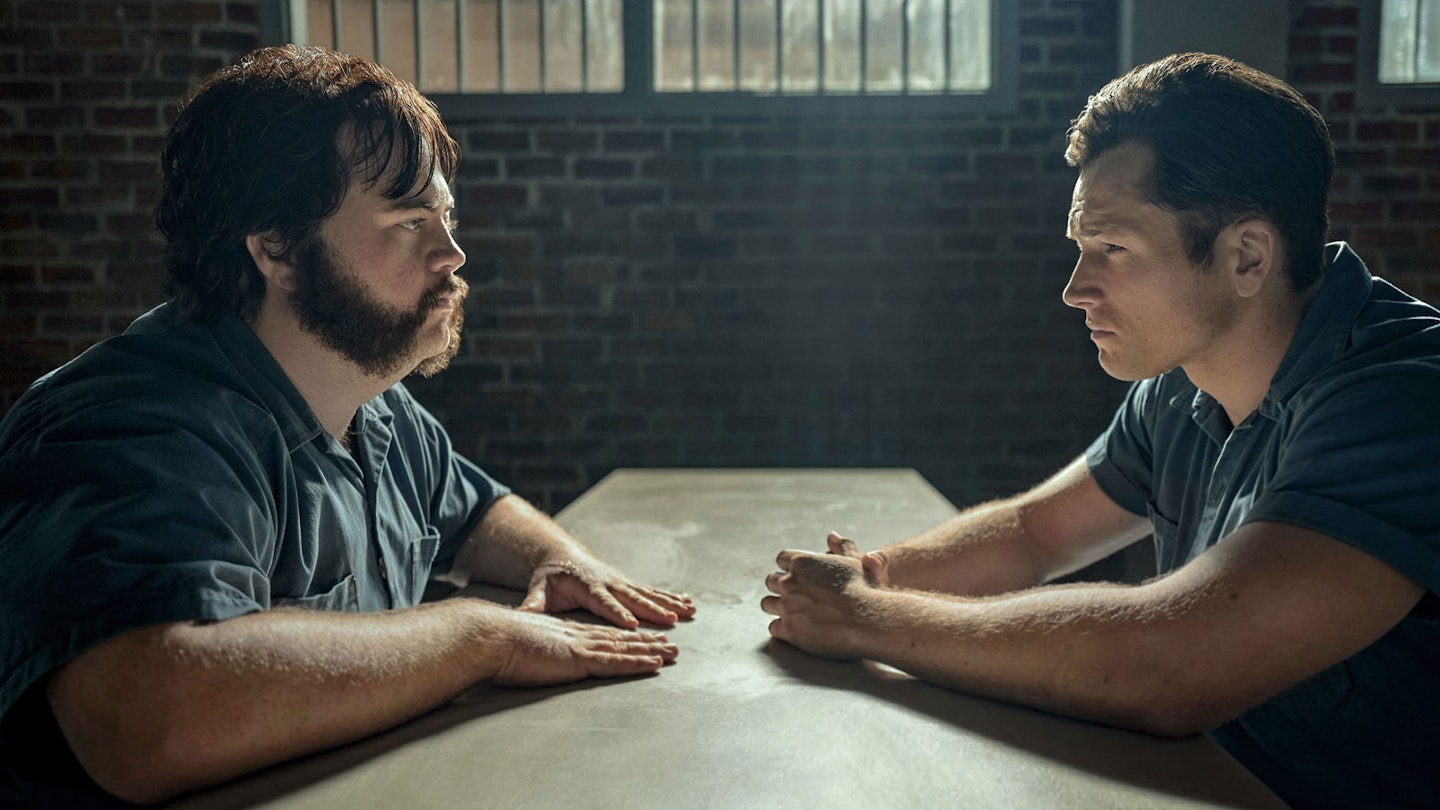If our ravenous, almost Victorian appetite for true-crime stories must be sated, we might as well get someone like Dennis Lehane to tell them. The author-turned-screenwriter has repeatedly proven his talent for mystery and crime fiction, channelled into collaborations with the likes of Martin Scorsese (Shutter Island) and David Simon (The Wire) — and there are flashes of the influence of both in this tightly constructed adaptation of the memoir In With The Devil: A Fallen Hero, A Serial Killer, And A Dangerous Bargain For Redemption by James Keene.
That lengthy subtitle gives you an idea of what to expect: this is the kind of meaty affair that would seem far-fetched if it wasn’t all basically true. Any worries that yet another story is putting a murderer and a rapist at the heart of a narrative are largely quelled by the thoughtfulness and care with which Lehane tells it, exploring how the misogyny of our worst crimes can often reflect back at us.

Given it’s adapting Keene’s own memoir, it’s his story that is the initial driver, but there are really twin narratives at play here, the timelines jumping between 1996 and 1993 when police first begin investigating the apparently connected murders of young girls. It’s a complex case, across state lines, told slowly and assuredly, with a pace that requires patience.
it’s the performances that really stand out here — and in one of his final roles, it’s hard not to be moved by the late Ray Liotta, as Jimmy’s father.
But it pays off when the show morphs from police procedural to unconventional prison drama. Egerton — so often disappearing into larger-than-life characters such as Elton John or Eddie The Eagle — is here encouraged to bring his natural charisma to the forefront, playing Jimmy as a career criminal who gets by on business-like diplomacy and charm, even in a house of horrors. It hits familiar beats of previous jailhouse plots, but effectively summons a sense of menace — a spectacularly staged prison riot, an orgy of senseless violence, underscores the danger Jimmy faces — while guards and inmates alike prove an existential threat.
It’s Larry Hall (Walter Hauser), though, who is the most riveting, and potentially most dangerous. His high-pitched voice suggests a harmless weirdo to most of the local law enforcement, who write him off as a serial confessor; in prison, he leads a tranquil life in the workshop. But he is, as one character describes him, “creepy as all fuck”, and Paul Walter Hauser — whose specialism has become screen scumbags — cuts a chillingly pathetic figure, taking care to make him wretched without ever seeming sympathetic.
Lehane’s dense writing and Michaël R. Roskam’s handsome, cinematic direction are themselves worth the binge, but it’s the performances that really stand out here — and in one of his final roles, it’s hard not to be moved by the late Ray Liotta, as Jimmy’s father. Played almost as a coda to his early gangster roles, he is a retired dirty cop, left only to live with regret. It is a heartbreaking turn — and a stark, resonant reminder of the actor we have lost.
